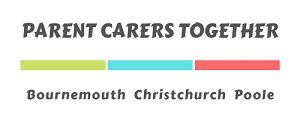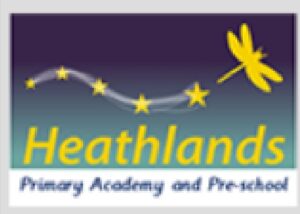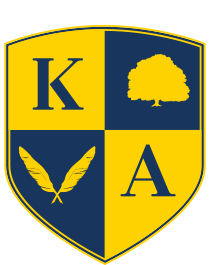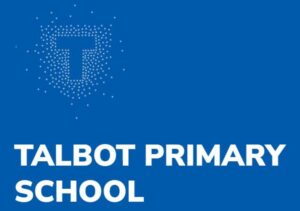
A national project is underway across England. 21 Primary Schools in BCP are part of the PINS Project
What is PINS?
Partnerships for Inclusion of Neurodiversity in Schools (PINS) is a national needs-led project being run across 102 Parent Carer Forums (including ours) within 40 NHS Integrated Care Boards and applies to those who are currently diagnosed and not diagnosed.
The programme brings together health and education specialists and expert parent carers through the Parent Carer Forum.
Partnerships for Inclusion of Neurodiversity in Schools (PINS) will bring health and education specialists and expert parent carers into mainstream primary settings to:
- help shape whole school SEND provision
- provide early interventions at a school level
- upskill school staff
- support strengthening of partnerships between schools and parent carers
The PINS project is testing a new model for supporting good outcomes in mainstream schools for Neurodivergent students and strength parent carer and school partnerships. The project will focus on strengthening knowledge, skills and improving environments to better meet the needs of neurodivergent children. Through a focus on supportive learning environments and well-equipped schools we can improve the outcomes for this group of children.
Each school in the programme will complete the nationally agreed self-assessment tool for schools to identify priority areas for support. Schools will collate the findings and use them to assess themselves against a number of high-level domains (including Leadership, Culture and Values; Mental Health; Readiness to Learn; Teaching and Learning; Environment and Communication).
The forums’ role is to introduce the principles of co-production with families. We shall:
- Facilitate parent carer participation group meetings with the identified schools. These will be open to all parent carers with children, in the school community.
- Facilitate the collection and sharing of parent carers’ views and experiences of the services delivered by the schools identified.
- Signpost information to parent carers to the providers in their local area, to inform their decision making and understanding of what support is available.
- Work with the school to identify and respond to feedback from parent carers in a solution focused way.
Scroll further down the page to see all the schools involved in this exciting project.
Meet the PINS Team
Pearl joined PCT in 2021. She is our forum Treasurer and Project Lead.
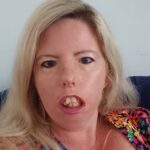

Sammie is our PINS Project Worker and started in September 2024.
Sammie is excited to meet with you at your PINS parent/carer meetings. Sammie is looking forward to gaining a better understanding of your experience within your school as a parent/carer
in relation to neurodivergence and inclusion.
Being a parent/carer herself to a neurodivergent child, Sammie understands the challenges this can present. Sammie is passionate about advocating for others and listening to those who need a safe space to share. Sammie’s hopes and aims for the project is that schools/education as a whole can move towards becoming more inclusive and that the information fed back to the Local Authority, Department of Education and NHS, highlights the areas that need change, funding and a new path forward.
We look forward to meeting you over the coming months, it is important to us here at Parent Carers Together to hear your voices and gain your invaluable input to this national project. Please do keep an eye out for communications from your schools, or get in touch via email to find out more- pins@parentcarerstogether.org.uk
We are happy to answer any questions you may have.
Which Schools are involved?
The Graduated Response
All children and young people learn at different stages, but if you have any worries about your child’s learning and development (referred to as the Graduated Response) within their nursery, school or college setting, the first step is to talk their teacher or key worker.
BCP Council have a webpage dedicated to the Graduated Response for:
- Children 0 to 5 years
- School age children and post 16
- Children not in a setting, or school environment
